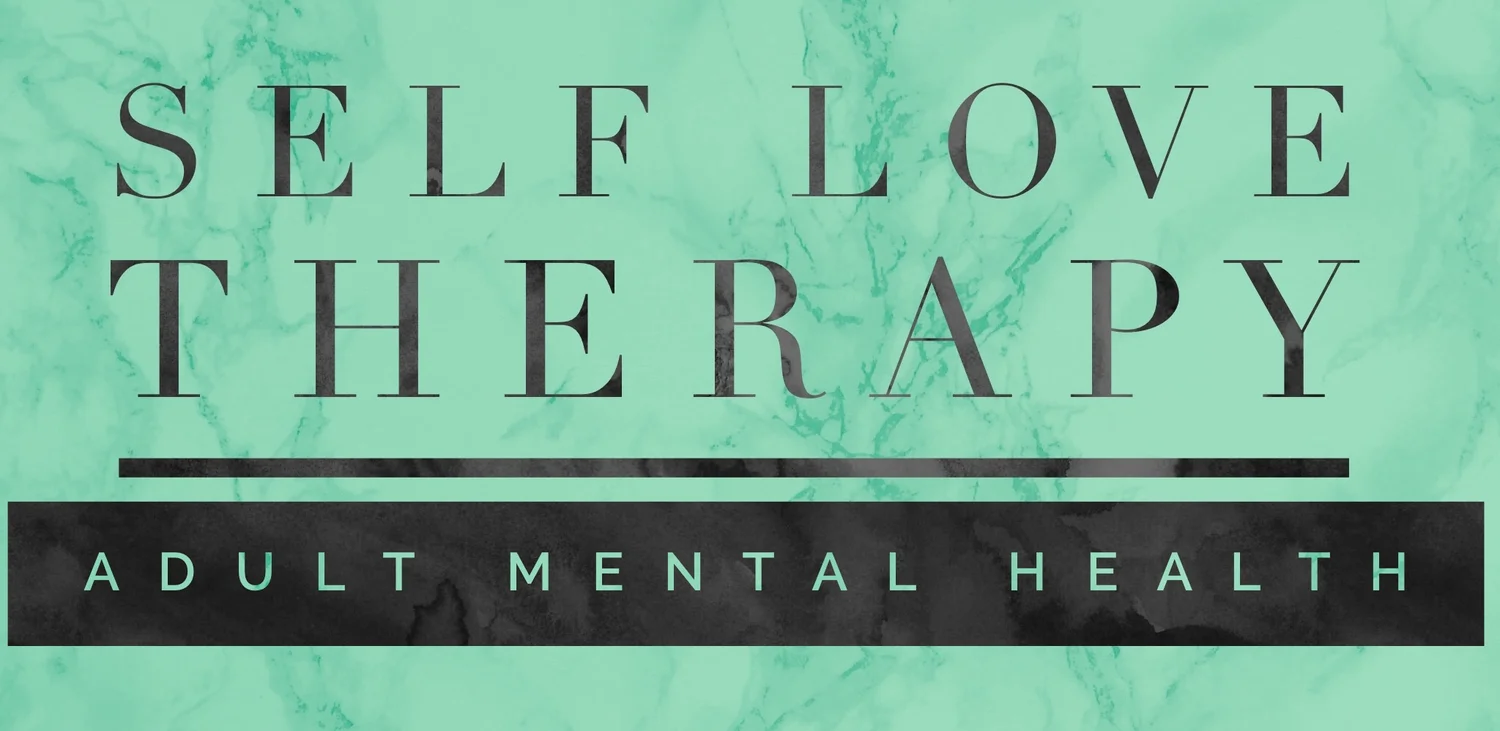Trauma Treatment
Experiencing and healing from trauma shapes the story of many lives, including mine. I was born into economic turmoil and social oppression, and as I write about in my About Me section, this contributed directly to my decision to devote my life to helping others. Traumas can result from a wide range of circumstances and has pervasive and devastating effects.
Are you hurting inside because you have experienced or witnessed a disturbing event?
Events known to cause trauma include but are not limited to:
Accidents
Attacks or assaults
Violent or sudden death of a significant other
Sexual abuse, child abuse, elder abuse, emotional abuse
Chronic childhood neglect
Relational trauma
Torture, threats
Fire
War
Natural catastrophes
Chronic poverty
As a trauma survivor and clinician, I understand the pain these kinds of events can cause. Experiencing or witnessing shocking and emotionally overwhelming situations provokes complex emotional reactions such as fear, horror, numbness or helplessness. Unfortunately, traumatic events are also very common: in 2006, the PTSD alliance estimated that 70% of adult Americans have experienced at least one traumatic event and of these 20% will develop Post-traumatic Stress Disorder. (National Center for PTSD. (2006, February 22). What is Post-Traumatic Stress Disorder? Retrieved June 18, 2006.)
Are you (or is someone you know) experiencing symptoms of trauma?
Chances are that you or someone you know has experienced a traumatic event at least once. While traumatic events are often dramatic, trauma can also go un-named because it is chronic and pervasive (childhood neglect, for example). In the end, any situation that leaves you to feel frightened, fearful, alone, helpless, and unsafe is traumatic. Response to trauma varies greatly – many recover in a matter of days or months, while others continue to be severely disturbed for years following the event. Indications that you may be experiencing a traumatic reaction include anxiety, indecisiveness, avoidance, guilt, shame, depression, low self-esteem, flashback memories, instability in work and intimate relationships and addictive cravings.
To begin healing from trauma, it is important to walk through the pain and process your grief. Time and again, research shows that communicating traumatic experiences to others and not withdrawing from social support is crucial to recovery. Friends, loved ones, and trauma-informed psychotherapists can also make a powerful difference in an individual’s recovery process by simply listening and making an effort to understand what the traumatized individual is trying to express. No trauma should be minimized or suffered alone. If symptoms persist despite help from family and friends, it may be time to seek professional help.
What if I have some of these symptoms but don’t think I have been traumatized?
There are many times when people suffer from trauma but do not label it as such. Physical, emotional, sexual, and psychological abuse and neglect experienced during childhood can lead one to not remember much of one’s childhood, or to simply not perceive oneself as traumatized. Such abuse and neglect can include domestic violence, the loss of loved ones, family addiction and overly critical parents. If this is your experience, you may be carrying unresolved trauma.
Why not treat with medication?
Medications such as anti-anxiety prescription drugs or sleep aids may in fact be helpful in reducing troubling symptoms of trauma for some individuals. The relief they experience however is generally short term. Adverse reactions to traumatic circumstances are imprinted in the memory networks of the brain and cannot healed by medications only.
What will an effective treatment look like?
Trauma treatment is very much like fighting the past in the present to assure the future. Thus, fully understanding what has happened to survivors of trauma is the first step in trauma resolution in psychotherapy. In order to work effectively with this painful material, psychotherapy establishes an alliance of trust and compassion. As treatment progresses, the brain’s memory networks are gradually reconfigured. The efficacy and speed of this process are accelerated by brain-and-body-based interventions that target and resolve the impacts of trauma on the survivor’s memory networks. Trauma-related disorders can be considered as healed when the body no longer reacts in destructive and frightening ways to the memories of the trauma.
How do you work with trauma?
My unique approach to trauma treatment is an evidence-based 3-stage model based on adaptive information processing in the brain. In the first phase of therapy, we will work to establish a relationship of trust, safety and open communication. In the second, (re)processing, phase, I provide Internal Family Systems Therapy to connect with parts of the psyche that were burdened by the effects of trauma. The goal is re-connecting with aspects of the inner world that were cut off from awareness due to their overwhelming qualities such that restoration to their original (before trauma) qualities become a reality. In the final stage of treatment, we will work together to develop a sense of satisfaction in your daily life and to establish confidence in your future. In this phase, I will provide further skills and information to help your live with your past in an empowered way. This include individually-tailored relaxation techniques to enhance your resilience and inner peace in the face of life’s ongoing challenges.
Beginning your recovery from trauma is just a phone call away! Call me today to schedule an initial consultation!


